Martin
Schulz (born 20 December 1955)
is
a German Social
Democratic (SPD) politician. He was the President
of the European Parliament from
2012 to 2017. In November 2016, he announced he would not seek a
third term, but instead would stand in 2017 as the SPD candidate
for the German
Chancellorship.
Prior to his Presidency of the European
Parliament,
he was the leader of its Progressive
Alliance of Socialists and Democrats group.
Elected as European Parliament President in 2012, Schulz was
re-elected on 1 July 2014.
On
17 January 2017 he was succeeded by Antonio
Tajani,
of the EPP.
In January 2017, Sigmar
Gabriel withdrew
as the SPD candidate for the German Chancellorship and recommended
Martin Schulz as his replacement.
Martin Schulz was born in the village of Hehlrath, which is now a part of Eschweile in western Rhineland, near the Dutch and Belgian borders, as one of five children. His father Albert Schulz was a local policeman and belonged to a social democratic family; his mother Clara Schulz belonged to a conservative Catholic family and was active in the Christian Democratic Union. Having grown up in the border area between Germany, Belgium and the Netherlands, Schulz has relatives in all three countries.
After
four years at primary school, from 1962 to 1966, Schulz attended the
Heilig-Geist (Holy Spirit) grammar school, a private Roman Catholic
school run by the Holy
Ghost Fathers (or
Spiritans),
in
Broich (now Würselen),
a district of the town of Broichweiden, for nine years, leaving
without his abitur.
As
a teenager, he went on an exchange to France through his
school.[citation
needed]
From
1975 to 1977 Schulz then trained to be a bookseller.
The
next two years he worked for a number of publishing houses and
bookshops, and in 1982 he opened his own bookshop in Würselen, which
he ran until 1994.
In
1974, at the age of 19, Schulz joined the SPD,
became involved with the Young
Socialists and
in 1984 was elected to the Würselen Municipal Council, remaining a
member for just over two electoral terms, to 1998, from 1987 onwards
as mayor.
At
31,
he
was then the youngest mayor in North
Rhine-Westphalia.
He held that office until 1998. As a municipal counselor he initiated
the twinning of Würselen with the city of Morlaix in
French Brittany,
where he became friends with Marylise
Lebranchu,
who was the mayor and later became French Minister of Justice
(2000-2002) and Minister for Public Services (2012-2016)
n
the 1994
European elections Schulz
was elected to the European Parliament and between 2000 and 2004 was
chair of the SPD delegation. Schulz has served on a number of
committees, including the Committee
on Civil Liberties, Justice and Home Affairs and
the Subcommittee
on Human Rights.
He led the German delegation of the Socialist group (SPD members)
from 2000 and was also a vice-chair of the Socialist Group in the EP.
He was elected group leader in 2004, of the PSE Group, succeeding the
Spaniard Enrique
Barón Crespo,
a position held until he was elected EP president. Since 2009, Schulz
has also acted as the representative for European Affairs for
Germany's SPD party and his views have deeply influenced his party's
pro-European politics.In 2004 as Leader of the S&D group, Schulz introduced a motion in the European Parliament to refuse to give approval/consent to the Barroso Commission on the basis of the proposed appointment of Italian nominee Rocco Buttiglione and his publicly expressed homophobic views. A large majority of MEPs from the other political groups followed and consequently Buttiglione was withdrawn and replaced by Franco Frattini.
By 2008, SPD chairman Kurt Beck has said he wanted Schulz to succeed Günter Verheugen as Germany's EU commissioner following the 2009 European elections; the post eventually went to Günther Oettinger
Following the 2009 European elections Schulz came to public attention when he insisted that his group should not immediately approve a second term of office for European Commission President Jose Manuel Barroso and instead, together with the Chair of the Green Group in the European Parliament, Daniel Cohn-Bendit, proposed the Belgian Liberal Guy Verhofstadt as a candidate for that office. Following reassurances by Barroso, Schulz dropped his categorical opposition to him, insisting only that he should make certain political concessions to the Social Democrats. As a result, the majority of the group abstained on the confidence vote to Barroso.
On
15 September 2011, members of the Progressive
Alliance of Socialists and Democrats in
the European Parliament unanimously nominated Schulz as their
candidate for the President of the European Parliament. On 17 January
2012, Schulz was elected as President of the European Parliament,
with 387 votes in favour out of 670 cast.
Other
candidates were Nirj
Deva (142
votes) and Diana
Wallis (141
votes).
Together
with EU Commission President Barroso and EU Council President Herman
van Rompuy,
Schulz collected the 2012
Nobel Peace Prize on
behalf of the European Union. The Prize, honoring "over six
decades [having] contributed to the advancement of peace and
reconciliation, democracy and human rights in Europe", was
awarded by a unanimous decision of the Norwegian Nobel
Committee.
As
president of European Parliament, Schulz proved extremely adept at
delicate diplomatic missions, such as his visit with Turkish
President Recep
Tayyip Erdoğan following
the 2016
coup attempt and
his visit with Iranian President Hassan
Rohani in
November 2015 to "intensify dialogue" between the EU and
Iran a few months after the signing of the Joint
Comprehensive Plan of Action.
In
November 2016, Schulz announced that he would not run for a third
term in January 2017, and instead return to German politics. He
resigned his seat on 10 February 2017, leaving the European
Parliament after more than twenty-two years







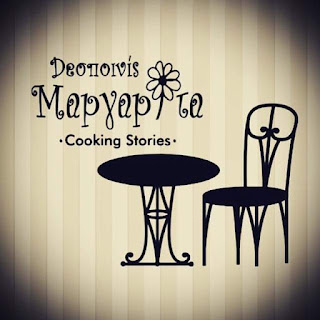




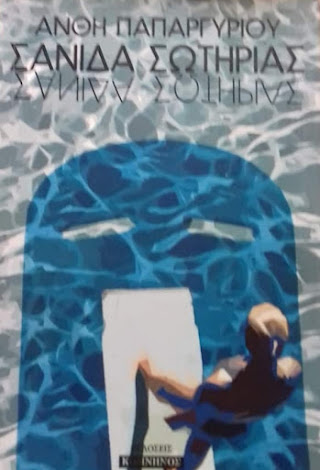








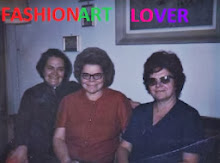













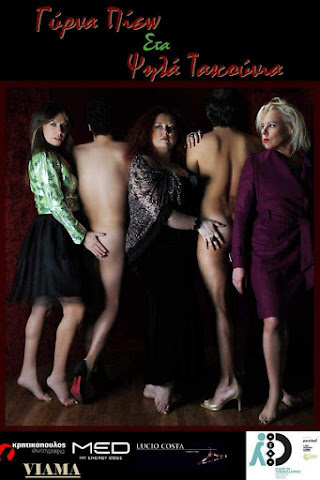


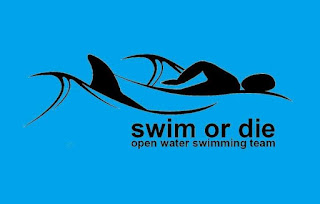



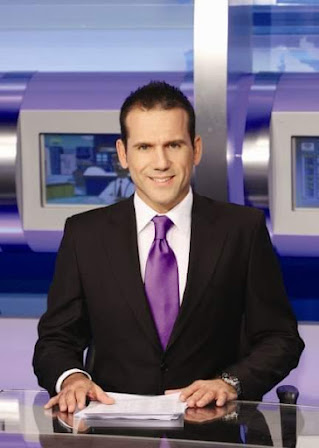

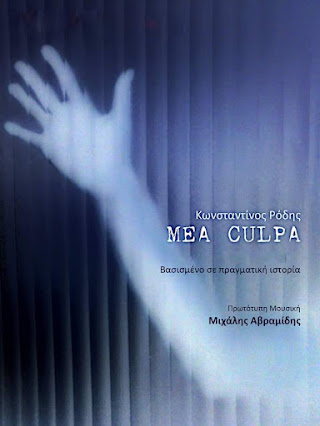

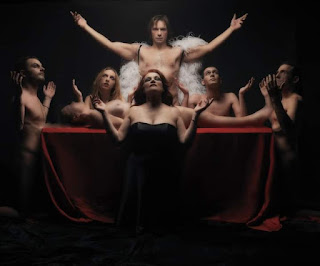
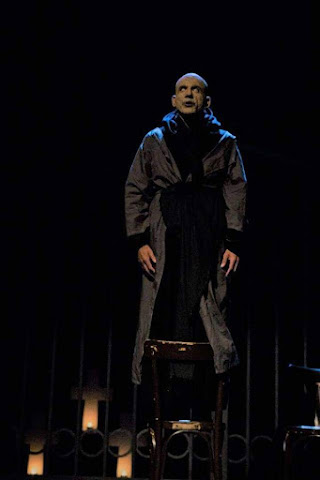



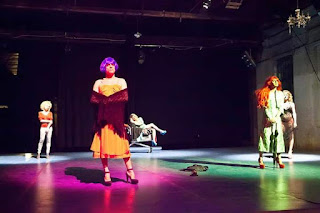
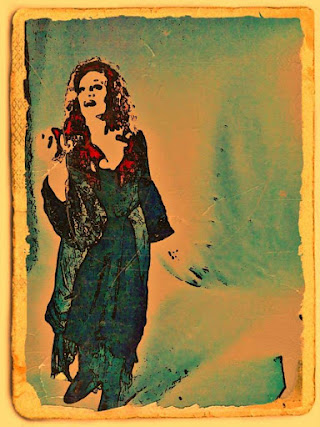

0 σχόλια:
Δημοσίευση σχολίου